Unlike humans, who are omnivores, our feline pets are carnivores. Their jaws are designed for cutting, not for chewing. Their food is digested by the powerful acid in their stomachs rather than being pre-digested by the saliva in their mouths.
An established routine with foods suited to their nutritional needs helps ensure a balanced diet and guards against overweight.
What your cat truly needs is a tailor-made diet. Cat food needs to take into account their characteristics, such as age, lifestyle (outdoor or indoor cat), breed, and hormonal status.
Royal Canin, the health nutrition specialist, knows your worries when it comes to your cat’s diet. Knowledge, awareness of the specificities of each cat and their real nutritional requirements are at the core of our work.
A kitten’s growth has different phases. And through each of them, the right diet is essential to keep him healthy.
The growing process of a kitten lasts till 12 months, having two distinct phases. This is the period when special attention must be given while feeding your kitten. Meeting specific nutritional needs and building good health should be the focus.
The needs of a weaned kitten aged 4 months:
Intense needs
At 10 weeks, a kitten consumes 3.5 times more energy per kilo of weight than an adult cat, requiring a high-energy concentration diet.
An immature digestive system
Post 10 weeks, a kitten loses his ability to digest milk lactose and is increasingly able to tolerate starch. His diet must be ultra-digestible to guarantee complete digestive safety.
Fragile immune defences
During the initial weeks, a kitten’s immunity - transmitted by the mother gradually diminishes. It’s time for vaccinations and worming. Plan your kitten’s vaccination plan with your vet.
The needs of kittens from 4 to 12 months
At 4 months, the kitten’s growth rate is slower, favouring the consolidation of the bone structure and muscular development. He will find his interest in exercising and exploring his environment. These high energy activities will help him form a well-toned muscle structure. His digestive system and natural defencesare developing but are still fragile.
No more milk teeth!
When he reaches 3 to 7 months of age, permanent teeth start appearing along with accumulation of dental plaque. This needs to be dealt with by opting for kibbles rather than wet food. Feed your kitten Royal Canin’s uniquely shaped kibbles. Easier for your kitten to grasp and chew, their crunching dental effect also helps to limit tartar formation.
Puberty is usually reached during the first spring after the kitten’s birth: think about sterilisation before the onset of sexual behaviour. Consult your vet.
Should a kitten be given milk?
From birth to weaning, the kitten suckles its mother. If your kitten is younger than 7 weeks and can no longer feed from the mother, opt for special maternal milk for kittens, whose formula is very close to queen’s milk. After weaning, milk consumption is neither natural nor essential. Cow’s milk, which is too rich in lactose, can even cause diarrhoea and digestive disorders in your kitten.
Royal Canin tip:
If you give your cat food that is specifically designed for growth there is no need for nutritional supplements. On the contrary, an excessive intake of calcium or certain vitamins can lead to bone structure growth disorders.
Come & check out the Cat Zone at Pet Fed Mumbai 2019 at MMRDA Grounds, BKC on 19th & 20th January, 2019. Book your Pet Fed tickets now!



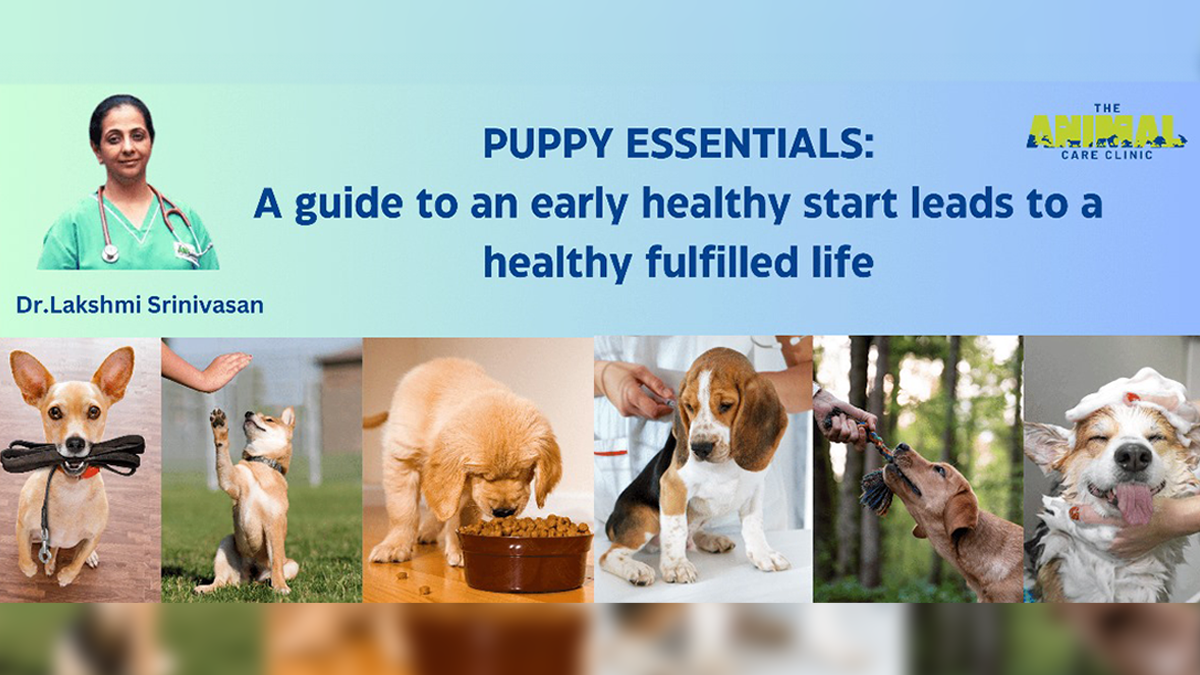
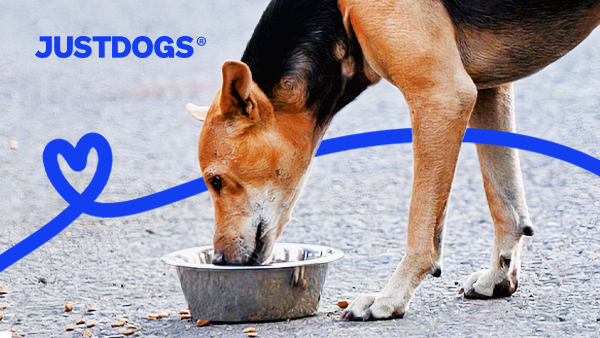

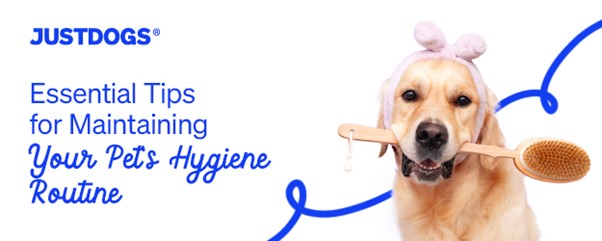



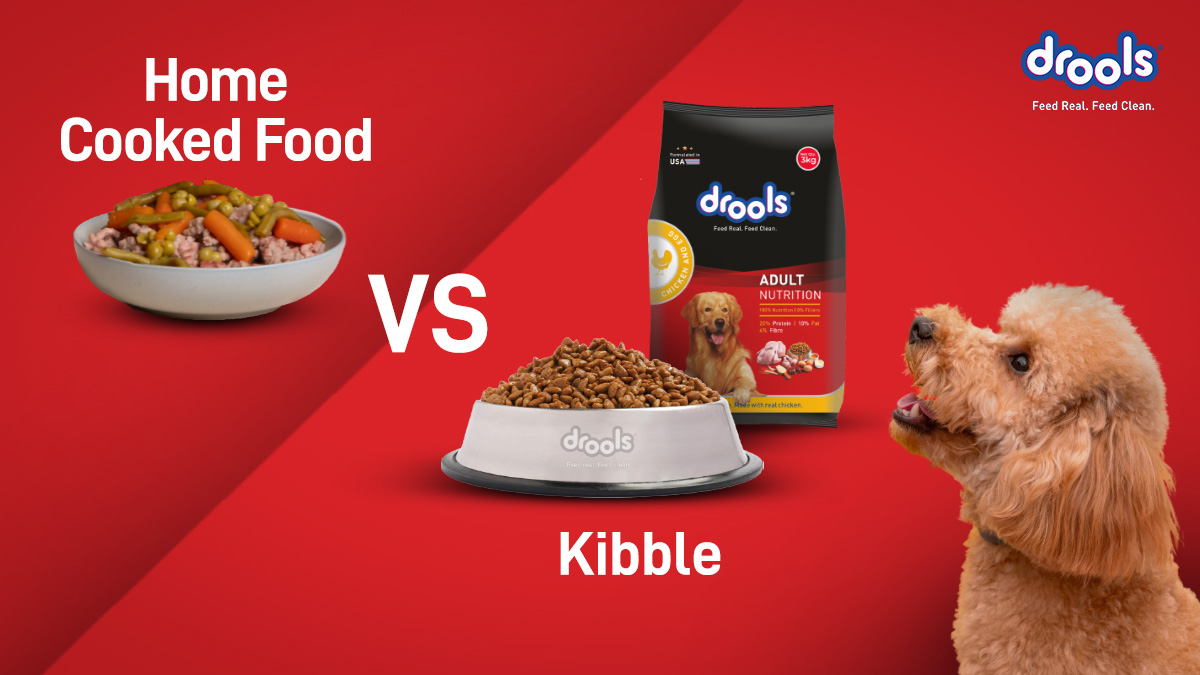
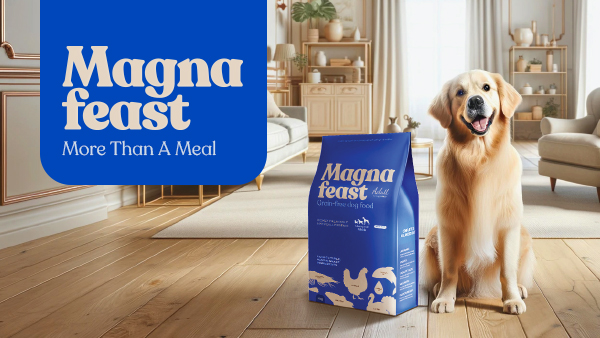

Post a comment